Brighter Days Ahead for UK Construction: A Glenigan Forecast
Glenigan's Construction Industry Forecast 2024-2026
Established in 1973, Glenigan provides reliable project data and research intelligence for the construction sector in the UK and Republic of Ireland. A recent report published by Glenigan, entitled "Brighter Days Ahead for UK Construction", forecasts a positive shift within the UK construction industry, with promising developments on the horizon*.
Key take-aways from the report include:
- Recovery and Resilience
Despite pandemic-related setbacks, the construction industry is showing resilience. As the economy rebounds, construction projects are gaining momentum. From infrastructure upgrades to residential developments, the sector is buzzing with activity.
- Infrastructure Investment
Government initiatives and private investments are driving infrastructure projects. High-speed rail, road networks, and sustainable energy infrastructure are top priorities. These investments not only boost economic growth but also create jobs and enhance connectivity.
- Sustainability and Innovation
Sustainability is no longer an afterthought; it’s a core principle. Green construction practices, energy-efficient designs, and circular economy approaches are gaining prominence. Innovations like modular construction and digital twins are streamlining processes.
- Supply Chain Challenges
Supply chain disruptions persist, affecting material availability and project timelines. Industry players must collaborate to address bottlenecks and explore local sourcing options. Resilient supply chains are essential for sustained growth.
- Skills Shortage
The industry faces a skills gap, especially in specialised areas. Upskilling, apprenticeships, and attracting diverse talent are critical. Investing in workforce development ensures a robust pipeline of skilled professionals.
The report highlights opportunities in certain key sectors:
Office Spaces
- Hybrid Workspaces: The rise of hybrid work models has led to increased demand for adaptable office spaces. Companies are reconfiguring layouts to accommodate both remote and in-office work. Flexible HVAC, Fire Detection, Fire Suppression, and Security solutions will allow efficient and cost-effective changes to be made to existing infrastructure with less disruption to building occupants.
- Energy Efficiency: Sustainability is a priority. Energy-efficient office buildings are sought after, with features like smart lighting, efficient HVAC systems, and green certifications being of paramount importance. Efficient HVAC equipment developments such as heat pumps, coupled with Digital Solutions and Smart Building systems will be needed to promote sustainability and help businesses meet their Net Zero commitments.
- Refurbishment: Rather than new builds, refurbishment projects are on the rise. Companies are optimising existing office spaces for modern day needs. Companies who can offer attractive solutions for fit-out projects both large and small will benefit from this focus on refitting existing buildings rather than building from new.

Healthcare Projects
- Political Focus: The new UK government is committed to starting new build projects that have been delayed from 2023 and earlier, although the government is now reviewing all previously committed spend. Glenigan’s reported 35% increase in the value of project starts during the first four months of 2024* compared to 2023, but the future is more uncertain until any reviews have been completed.
Any new NHS build will require comprehensive building technology solutions such as Fire Detection, Security (including CCTV and Staff Attack systems), Care Communications including Nurse Call systems, and energy-efficient Building Management Systems.
- Longer Term Sector Growth: Whilst any post-election spending reviews may reign-in project starts in 2025, the long-term forecast for the health sector continues to remain positive. NHS investment is a high priority for both the new Labour Government and the public alike, and increased capital funding for construction projects is expected to fuel renewed growth in 2026

Hotel Growth
- Tourism Recovery: As travel restrictions ease, an increase in visitors, customer spending and hotel occupancy rates are expected to rebound.
- Luxury and Boutique Hotels: Demand for unique, experiential stays will drive growth in boutique and luxury hotel segments. This expansion in the hotel sector will provide opportunities to companies supplying heating and cooling systems, fire alarm systems, sprinkler systems and small to mid-size air conditioning solutions.
- Sustainability: Hotels are adopting eco-friendly practices to attract environmentally conscious travellers. Building solutions will be required that provide energy efficiency savings without compromising the comfort levels and safety of either the guests or staff.

Warehousing and Logistics Boom
- E-Commerce Boom: Online shopping drives demand for distribution centres and last-mile logistics hubs. According to research by Forrester**, online transactions will rise to about £600B globally by 2028. Research, commissioned by the UK Warehousing Association***, indicates that every £1billion of extra online spend creates a need for an additional 775,000 square feet of warehousing space.
This rise in online sales is one of the key factors in driving the expansion of warehouse construction currently in the UK including "mega-warehouses". Mega-Warehouses have an average size of 340,000 square feet, and may involve 24/7 operation, high-stack storage systems, and robotic pickers. The need for effective Security, Fire Safety Systems, HVAC Equipment, and Industrial Refrigeration in these structures is critical to productive and safe operation.
- Automation: Warehouses are adopting automation technologies for efficiency. The closer to full automation that we get, the greater the need for fully-automated fire detection and extinguishing systems that target fires quickly at their source in order to minimise the threat posed by fire.

Education Projects
- RAAC Deficiencies: According to Glenigan, the focus on tackling the RAAC (Reinforced Autoclaved Aerated Concrete) problems in existing buildings is expected to continue. Any new projects to replace buildings suffering from RAAC inadequacies will result in the need for building solutions to be replaced and upgraded.
- Increased Demand for Secondary School Places: The government’s commitment to increase education spending, will likely result in a demand for additional secondary school places. This increase in demand will drive the need for further investment in school building projects, and with it the need for new/upgraded building services.
- Public Sector Decarbonisation Scheme (PSDS): The UK government's Public Sector Decarbonisation Scheme makes grants available for public sector organisations to fund decarbonisation and energy efficiency projects. Phase 4 of the Public Sector Decarbonisation Scheme will build on previous phases to drive the goal of reducing direct emissions from public sector buildings by 75% by 2037****. Up to £670M will be available for decarbonisation projects between 2025 and 2026. More details on Phase 4 are available here.
Projects delivering the best value for money based on the most significant direct carbon emission reductions will be prioritised during the assessment for grant allocations, so partnering with an established industry player who can provide proven energy-efficient HVAC solutions coupled with next-gen Building Management Systems, and renewable energy sources is essential.
- Renewable Energy Solutions: Renewable energy sources such as solar, wind, hydro and biomass are becoming increasingly important to the energy portfolio of educational establishments. With the predicted expansion of the education sector for both new build and expansion/upgrade projects, there will be a growing need for partnerships with companies who have a proven track record in providing green energy solutions if the sector's Net Zero goals are to be achieved.

Critical Environments and Infrastructure
- Renewable Energy: Utility companies continue to invest in wind, solar, and hydroelectric projects. All such facilities have to be protected by automated Fire Safety systems and Security systems (both physical and virtual) in order to safeguard energy production against all threats, both accidental and intentional.
- Smart Grids: Upgrading infrastructure for better energy distribution and management.
- Decarbonisation: The industry will continue to transitioning towards cleaner energy sources, and supporting systems such as HVAC and Building Energy Management Systems need to be employed to support this philosophy.

Conclusion:
As we look ahead, the UK construction sector stands at a crossroads. By embracing sustainability, innovation, and collaboration — inspired by Glenigan’s insights, Johnson Controls can contribute to building a brighter future for the UK in a variety of key sectors. A future where resilient projects thrive, communities benefit, and the industry continues to evolve.
Industry-leading Smart Building solutions including OpenBlue will contribute significantly to the resurgence of the UK construction sector, and our world-leading Fire Detection, Fire Suppression, Video Surveillance, Access Control, Intruder Detection and HVAC heating and cooling solutions will be there to keep buildings safe, secure and comfortable.
Contact us today to learn more about how Johnson Controls can help to drive the success of your latest construction project.
To download a full copy of the Glenigan Forecast, please click here.
Sources:
* Glenigan Forecast: Brighter Days Ahead for UK Construction
** Forrester Online Sales Growth
*** UK Warehousing Association: The size and make up of the UK warehousing sector












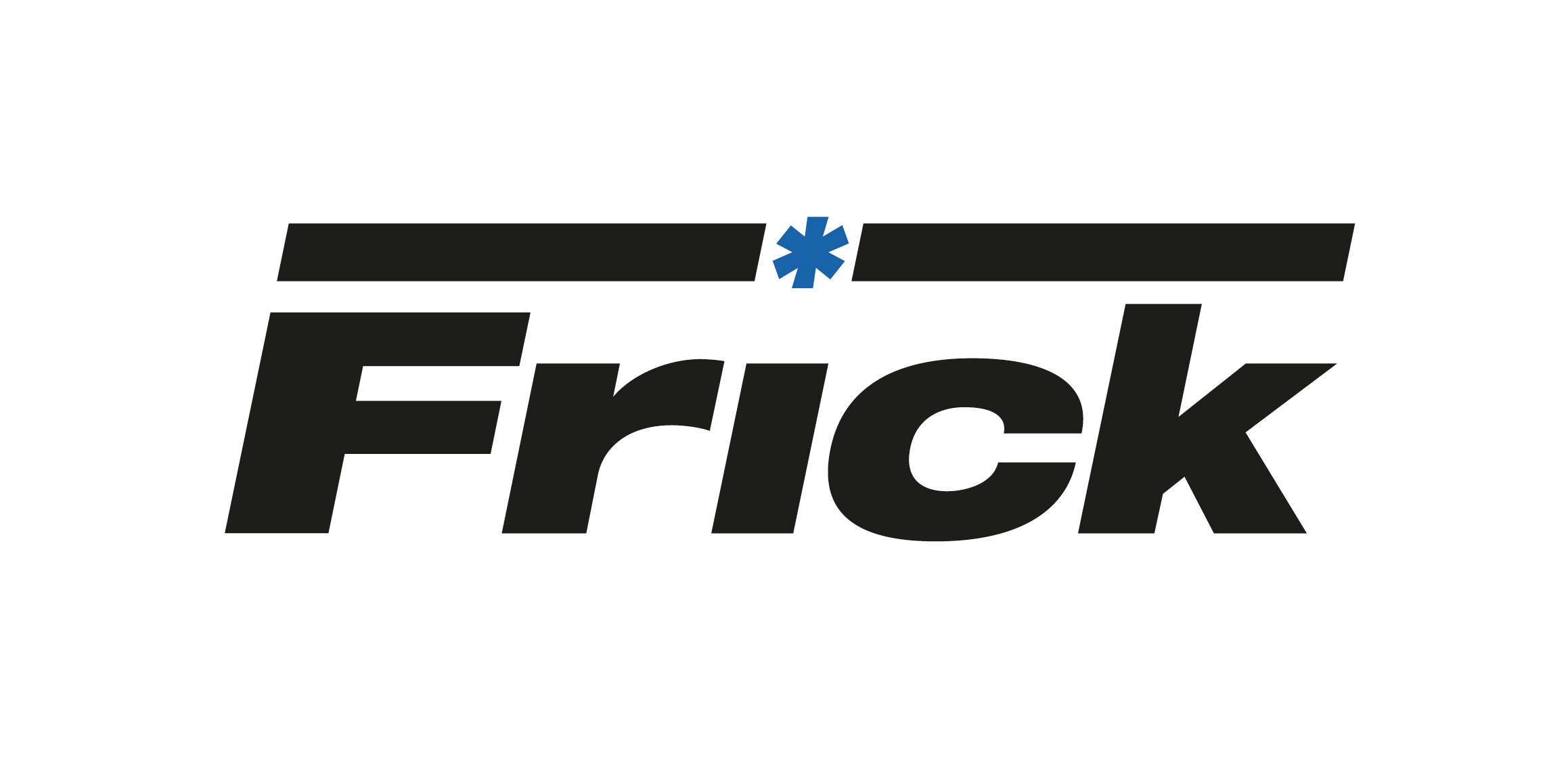







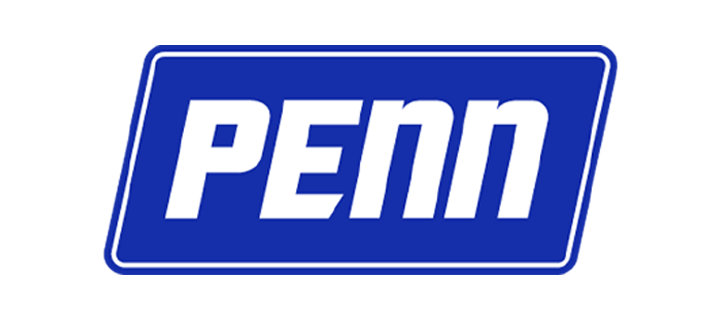

.jpg?la=en&h=320&w=720&hash=244C75B74F0F77521D56164450973BCD)

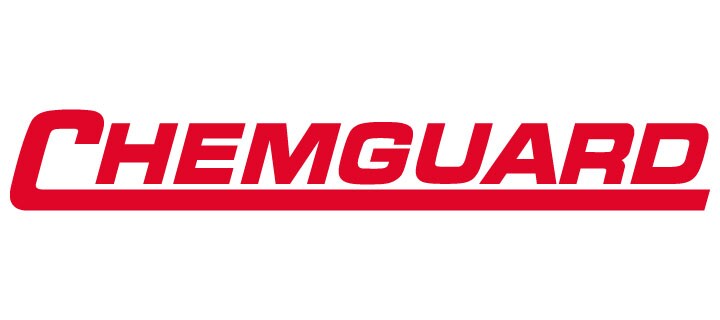
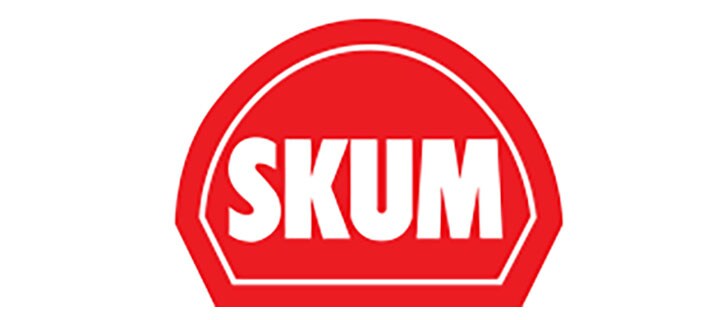


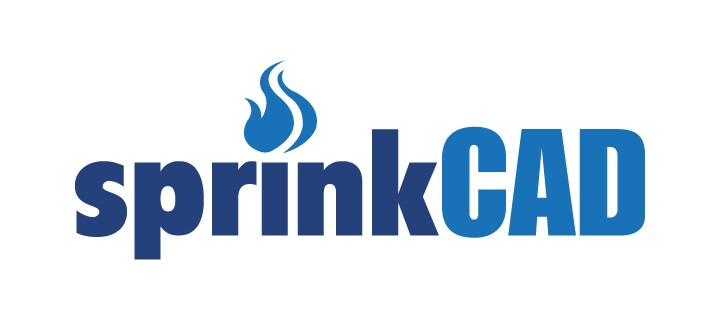
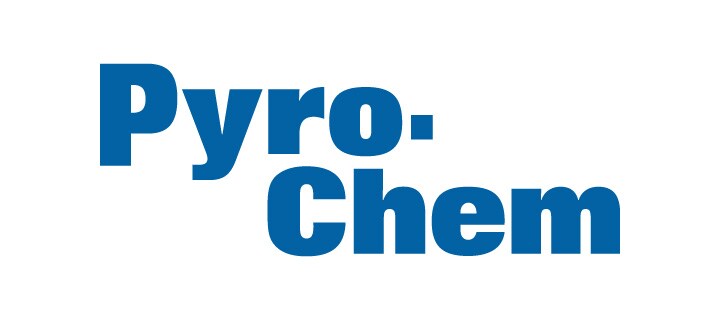







.jpg?la=en&h=310&w=720&hash=8D9823F26AA80B2B75C3E4B2E61770DC)


.jpg?la=en&h=320&w=719&hash=13CA7E4AA3E453809B6726B561F2F4DD)
.jpg?la=en&h=306&w=720&hash=F21A7CD3C49EFBF4D41F00691D09AEAC)

.png?la=en&h=320&w=720&hash=18CFCCD916C92D922F600511FABD775D)





















